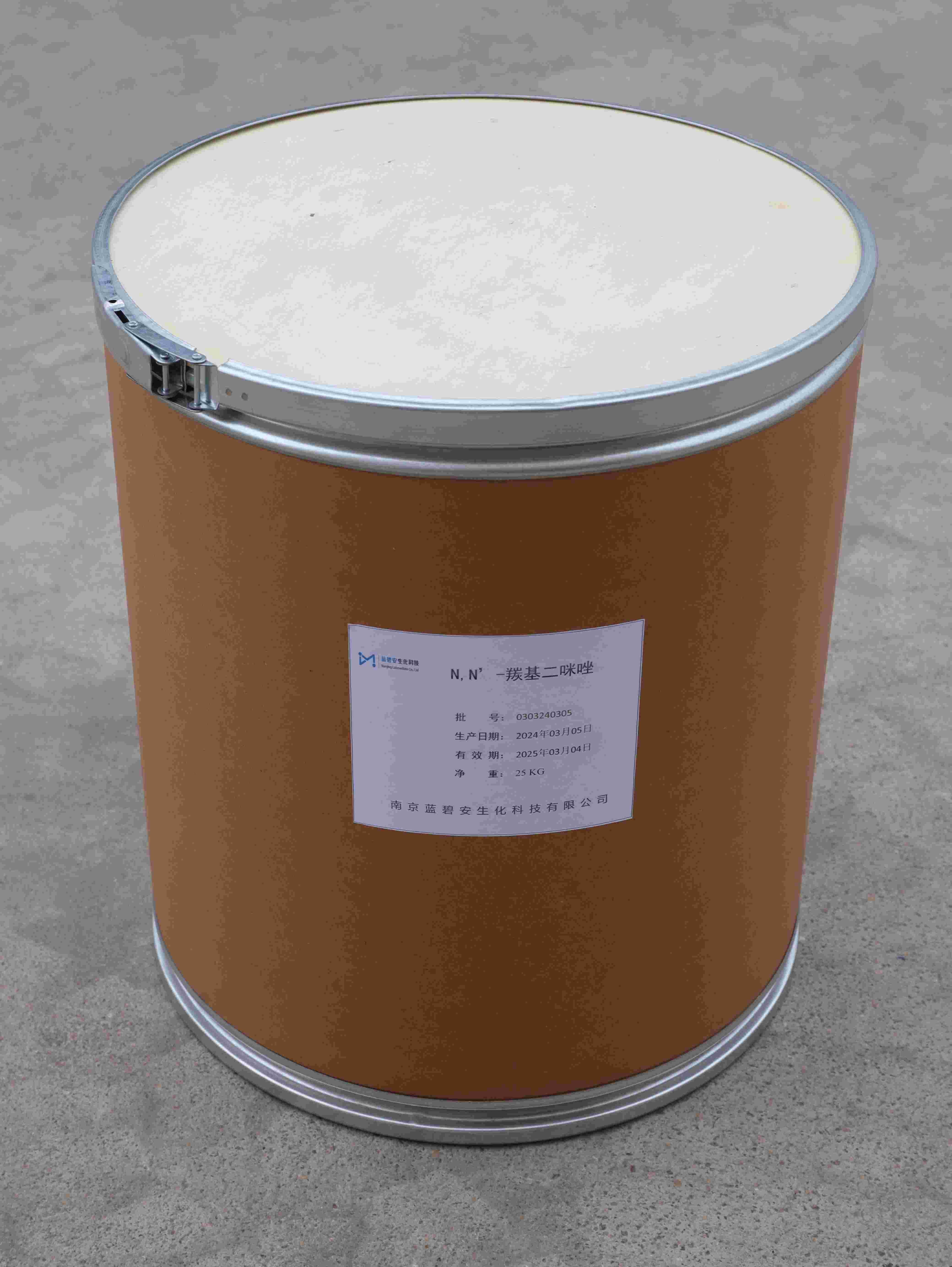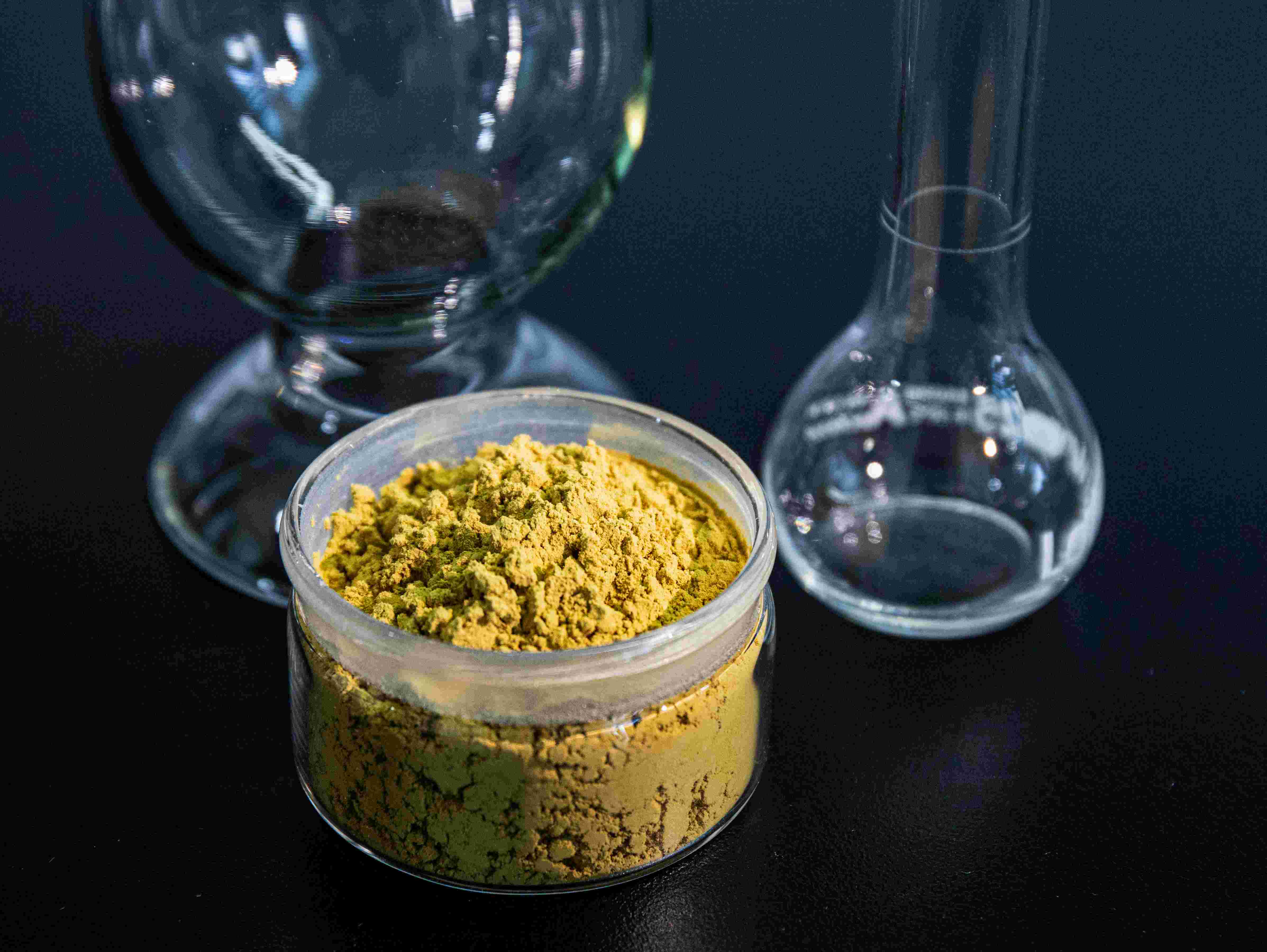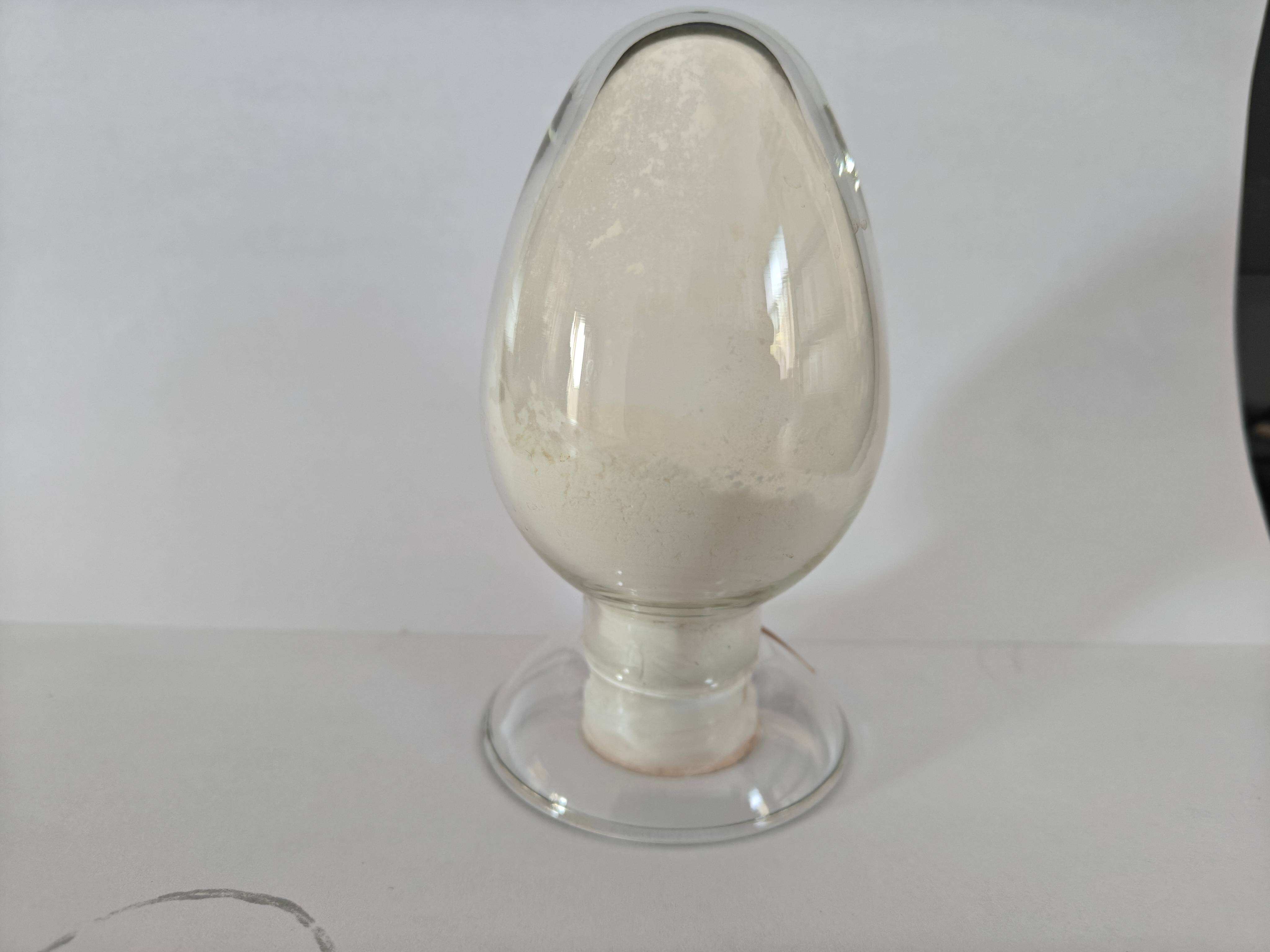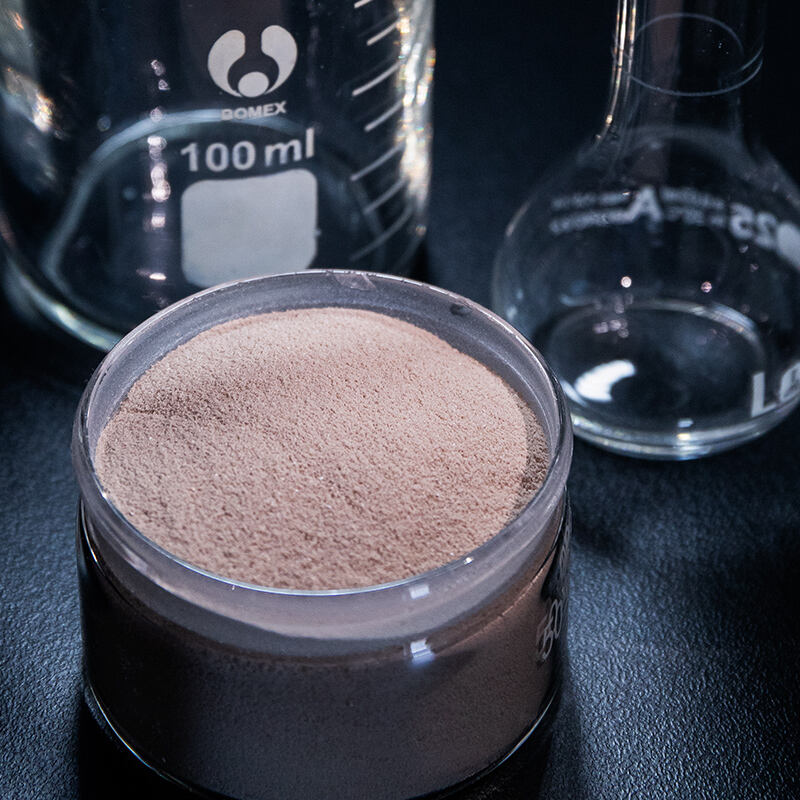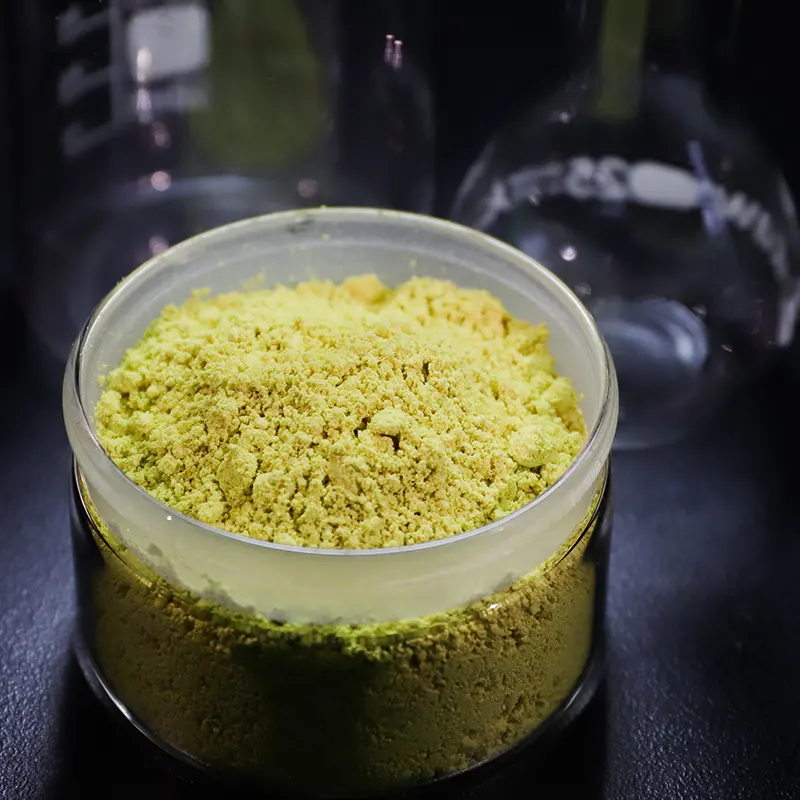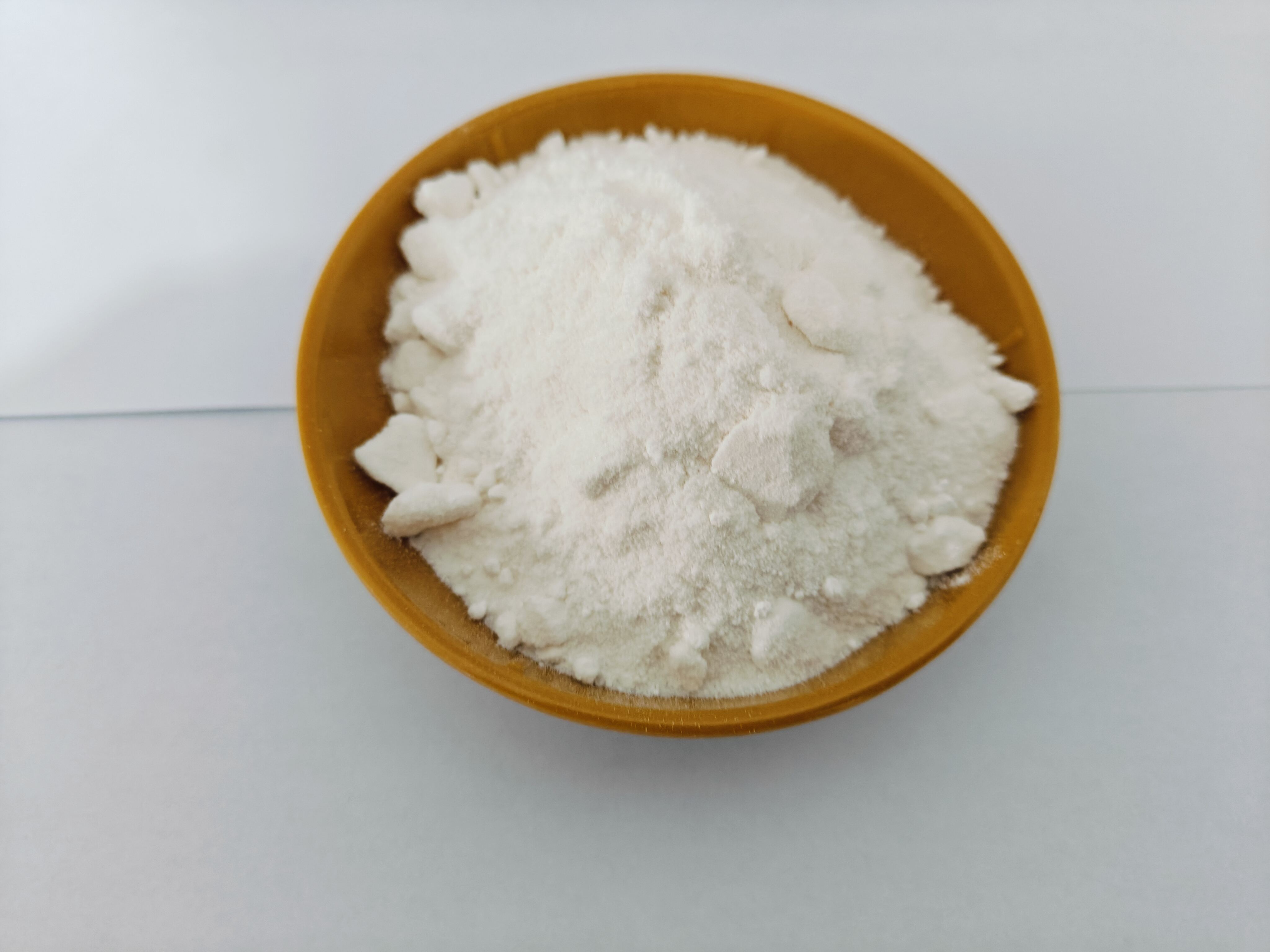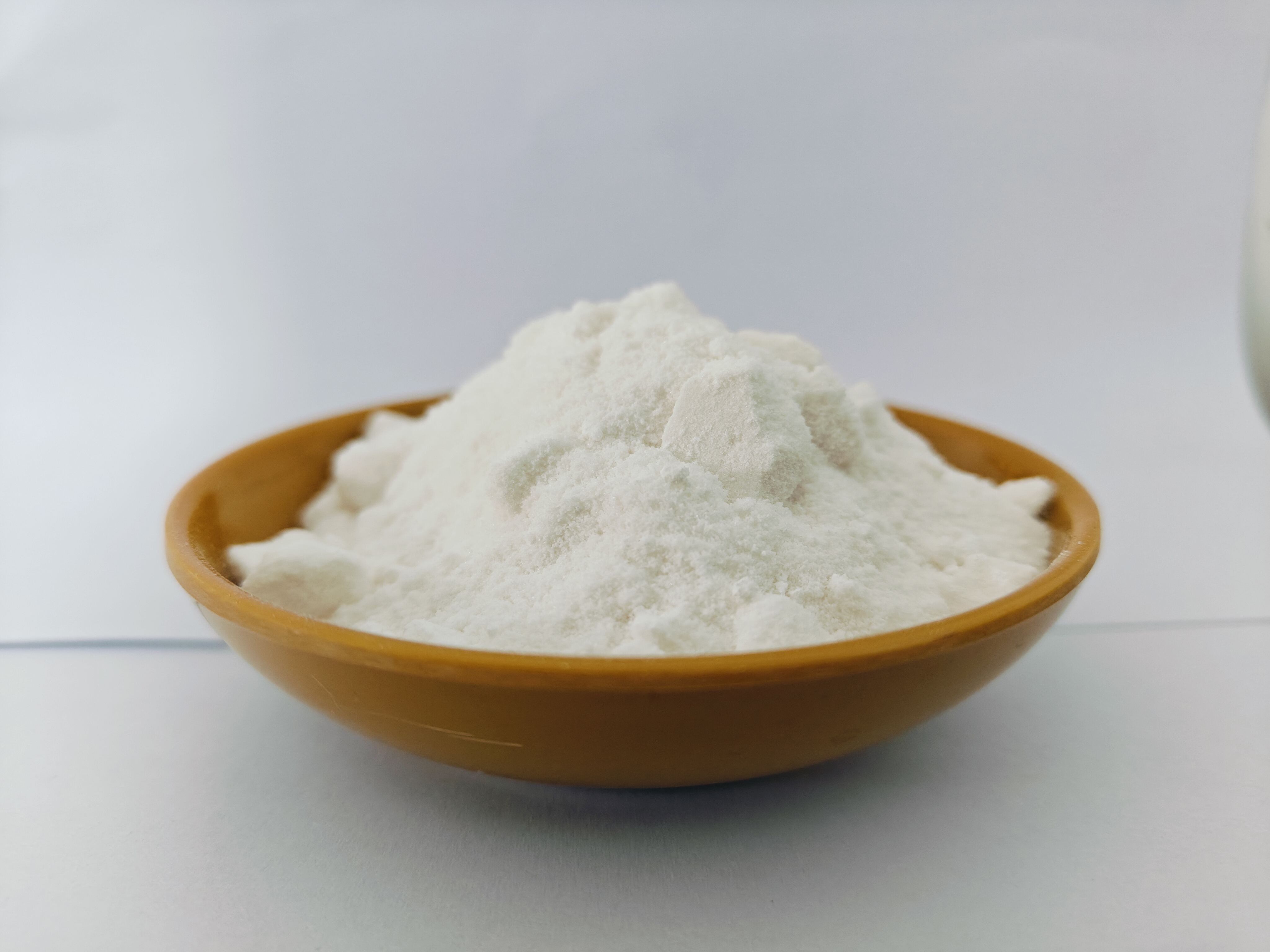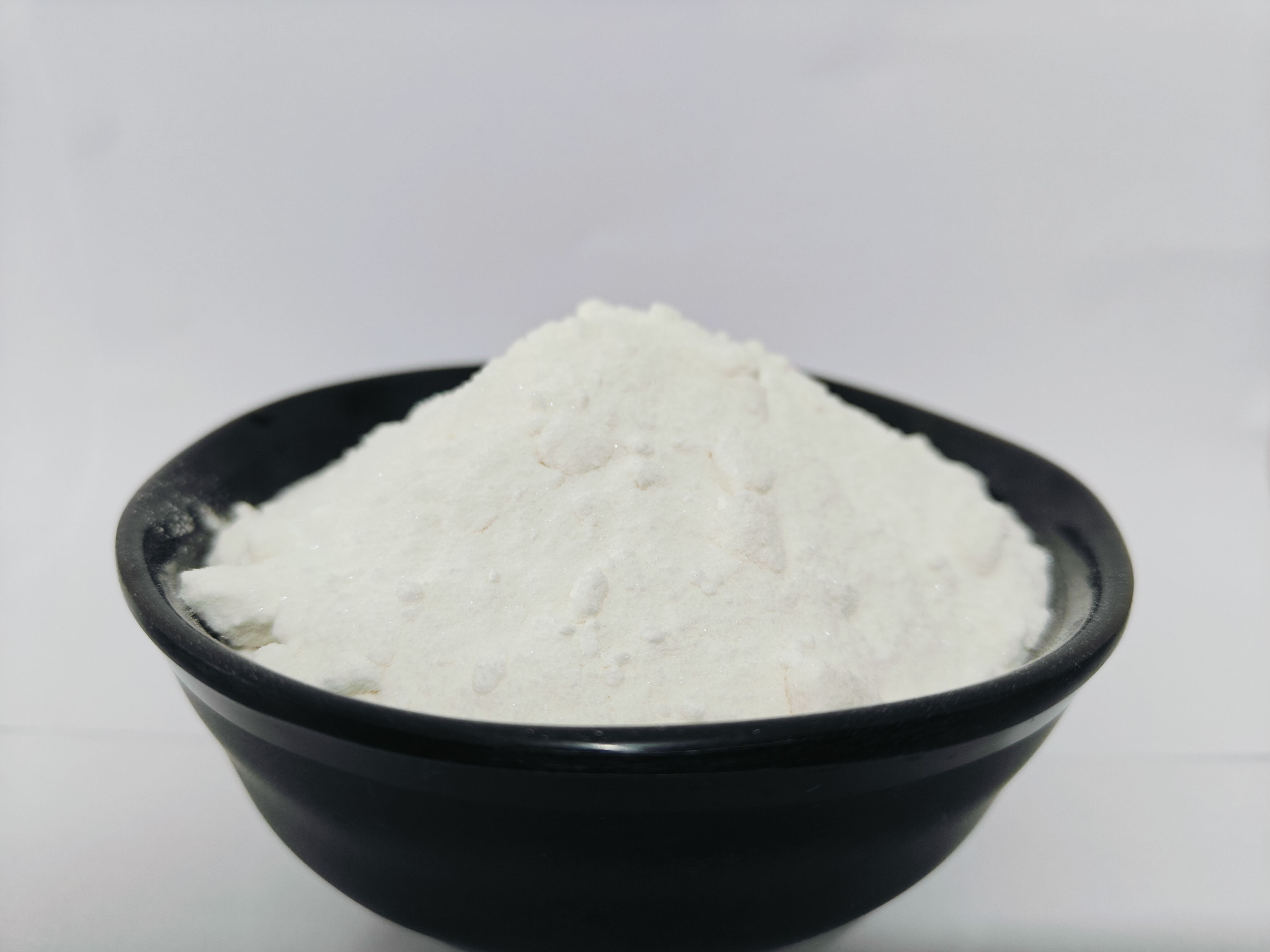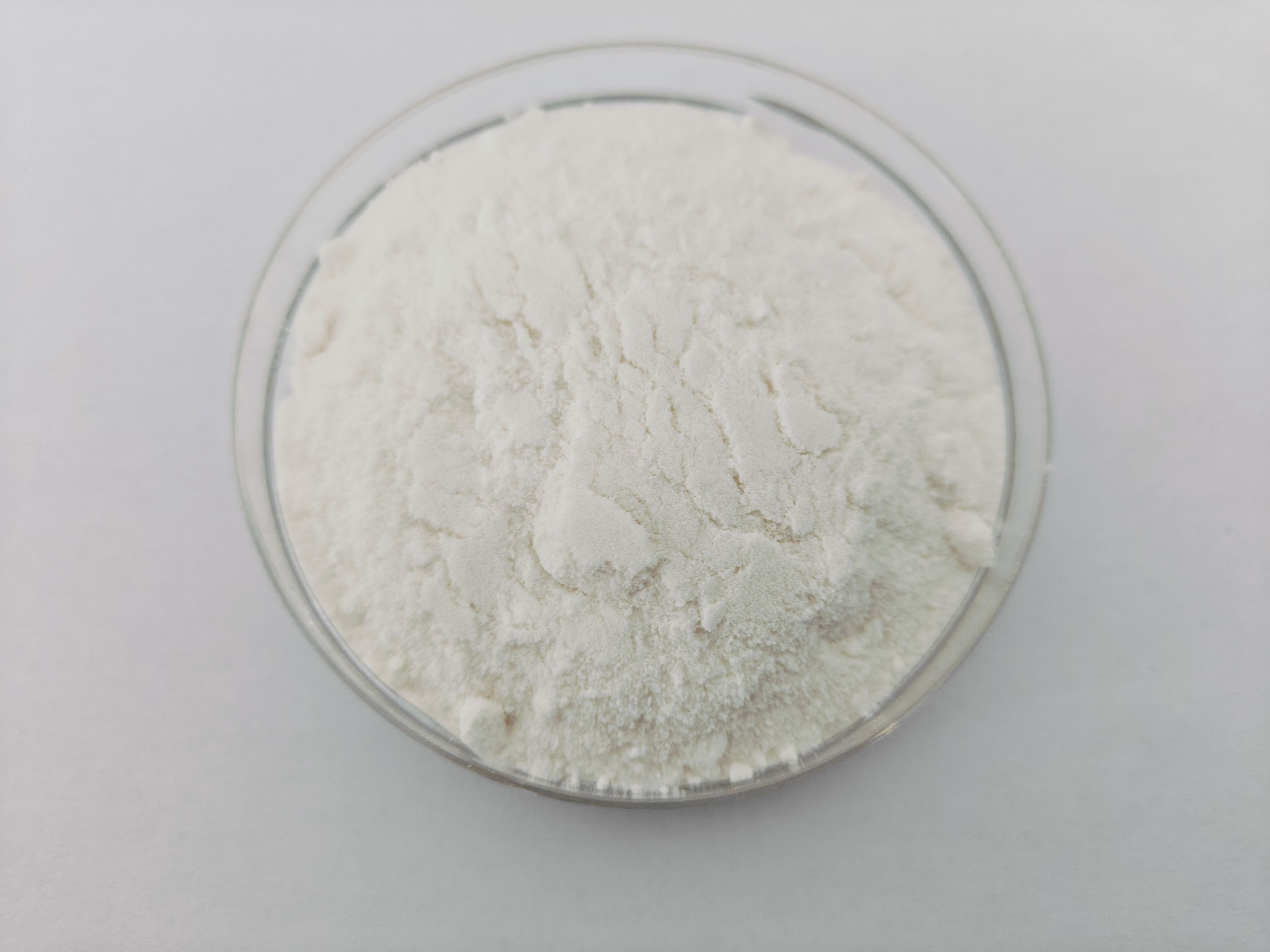polymerization or curing
Polymerization or curing is a critical chemical process that transforms liquid monomers or resins into solid, three-dimensional polymer networks. This sophisticated process involves the linking of small molecules into larger, more complex structures through chemical reactions, typically initiated by heat, light, or catalysts. In industrial applications, polymerization plays a fundamental role in manufacturing various materials, from plastics and adhesives to coatings and composites. The process can be precisely controlled to achieve specific material properties, such as hardness, flexibility, or chemical resistance. Modern polymerization techniques employ advanced monitoring systems to ensure optimal reaction conditions, resulting in consistent product quality. The technology has evolved to include UV-curing systems, thermal curing chambers, and automated process control systems that maximize efficiency while minimizing energy consumption. Applications span across numerous industries, including automotive manufacturing, electronics, construction, and medical devices. The versatility of polymerization allows for customization of material properties to meet specific performance requirements, making it an invaluable tool in modern manufacturing.

